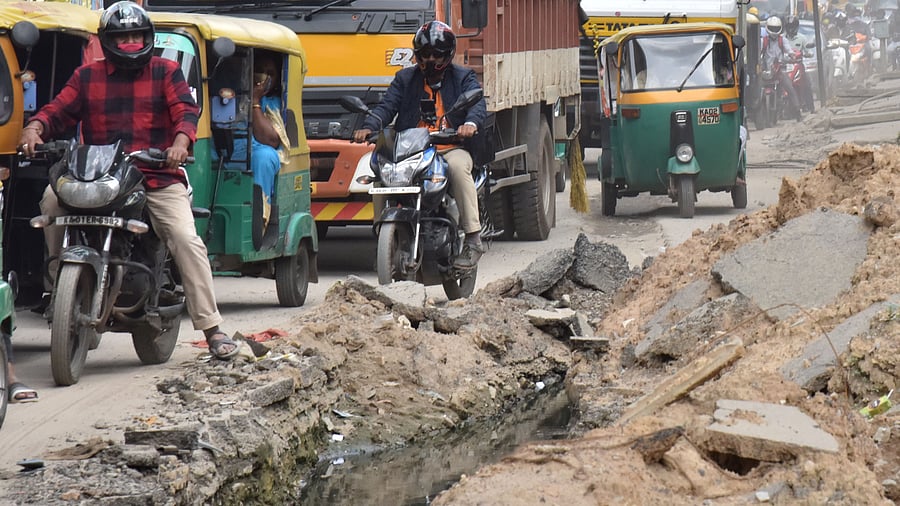
An IISc study has warned that the gap in the union government’s policies and their implementation at the city level stifles sustainability in passenger transportation that might make cities unlivable without urgent intervention.
Led by Professor Ashish Verma, researchers from the Indian Institute of Science’s Transport Engineering Department examined the country’s urban transport policies and spotted their structural flaws that made even the ambitious laws introduced in recent years difficult to implement.
From the Metro Railways Act, 1978, to the Motor Vehicles Act, 2019, the study considered about 20 laws, including those related to pollution and climate change, that directly impact the urban environment.
Welcoming the amended Motor Vehicles Act, it said the original 1988 law was made when vehicle density was sparse and income levels low, making it an ineffectual tool to address congestion and pollution.
“Poor implementation and lack of coordination make the entire exercise futile,” Verma said, referring to the reduction of penalties by many states.
He continued: “The onus of implementation of ambitious policies like the National Urban Transportation Plan or Transit Oriented Development falls on the cities but without giving any power and autonomy to the urban local bodies that govern them."
Road safety
Though the National Road Safety Policy introduced in 2010 cut down the number of road accidents, data on mode-wise deaths shows that total fatalities have increased for two-wheelers, pedestrians and bicycles between 2017 and 2019, as governments fail to provide public transport facilities and allow private vehicles to grow.
“Transportation policies implemented in India to date do not include equity in its planning framework,” the study said, noting that equity is essential to address requirements of every section of society.
‘BMLTA needed to bring coordination’
Prof Verma said the only way forward for the city is to set up the Bangalore Metropolitan Land Transport Authority (BMLTA) with full statutory powers and empower the local governments in other cities to implement sustainable mobility programmes.
“The Directorate of Urban Land Transport (DULT) has not been able to do much because it lacks the necessary powers. The BMLTA is the step in the right direction and the government needs to pass the bill urgently,” he said.
He said the problem of different agencies working in silos will continue beyond Bengaluru if a right model is not designed for urban local bodies (ULBs).
